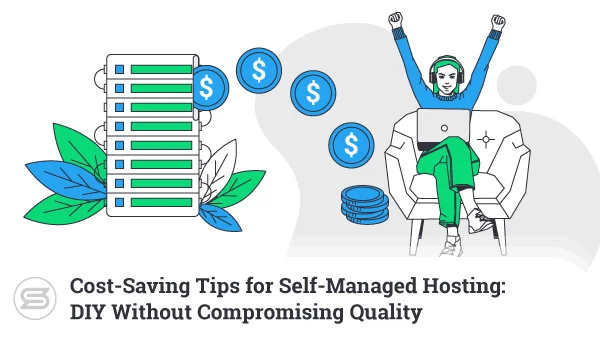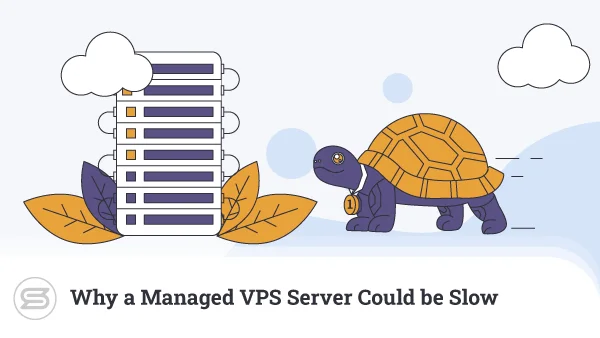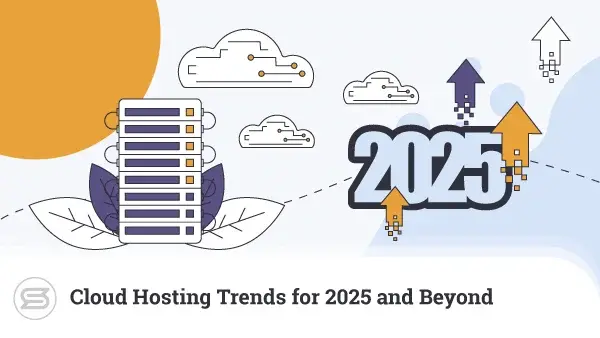These days, resource-intensive applications are all the rage. Whether you’re running a high-traffic website, a data-heavy web application, or a game server, optimal performance and reliability are vital.
That’s where managed virtual private server (VPS) hosting enters the picture.It is a powerful solution for hosting resource-intensive applications. In this article, we’ll explain all about the Managed VPS benefits, and explore how it can effectively handle the resource demands of your app.
Introduction to Resource-Intensive Applications
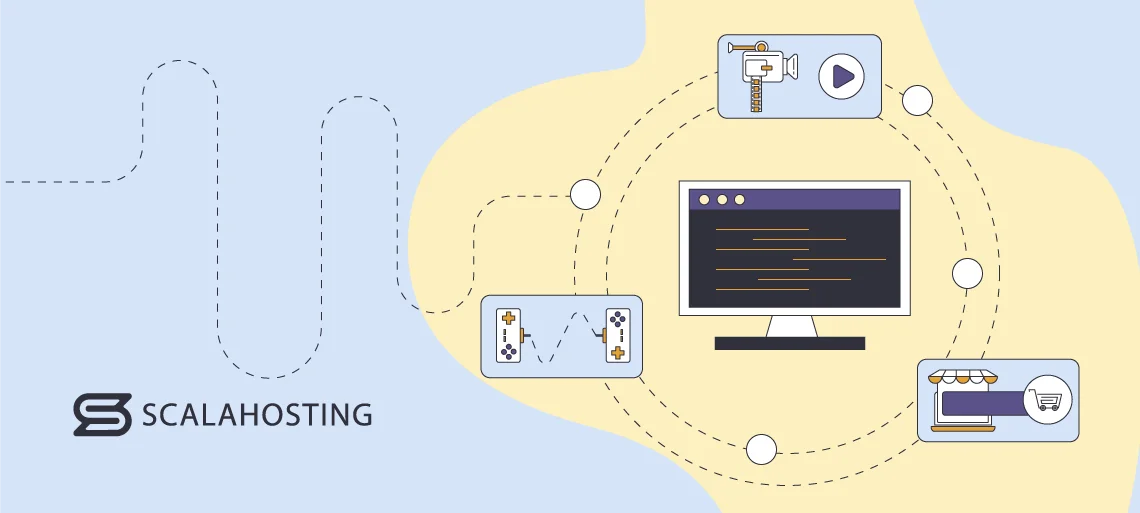
First things first – what are resource-intensive applications?
As the name suggests, we’re talking about software that requires more processing power, memory, and bandwidth compared to typical apps to function effectively. Examples include but are not limited to:
- multiplayer online games
- streaming services
- ecommerce stores
While dealing with such apps might seem intimidating and expensive, it doesn’t have to be. When you choose a Managed VPS plan, you get a dedicated support team to help you with your software and you also pay only for the resources you actually use. It’s the perfect option for beginners and businesses on a budget.
Things to Consider When Hosting Resource-Intensive Applications and How Managed VPS Can Handle Them
If you want to dip your toes into dealing with resource-intensive apps, you’ll need to find a hosting plan that can provide the necessary environment.
Dedicated servers will pop up as the first option. However, those are costly. Managed VPS, on the other hand, will be easier on both your wallet and time. Here’s how:
Hardware Resources

Managed VPS hosting plans offer individual hardware resources to all accounts on the physical server. This means you’ll get enough memory for caching and efficient data handling, the necessary CPU to handle application processing loads, and the needed storage to keep your data intact.
As we know, resource-intensive apps need a bit more to perform smoothly. With managed VPS, you can add and remove resources when necessary. This scalability allows you to withstand spikes and sudden traffic influxes without compromising on site performance. Most VPS plans come with a load monitoring tool as well, which will help you stay on top of your game.
Server Configuration

The “managed” in Managed VPS means that you get a dedicated team to configure your server and handle the technicalities surrounding it. This leaves you with more time to focus on growing your app’s audience. It’s also perfect if you’re not particularly tech-savvy.
The only downside is that you only get partial control over how the server is configured. If that’s something of utmost importance to you, you can check the unmanaged options or dedicated servers.
Load Balancing for High Traffic

If your website or app gets a sudden traffic spike, it might start lagging or even crash. That’s the last thing we want. A good Managed VPS plan will have a load-balancing feature that will redirect traffic between two or more servers with the same content in order to avoid any issues.
Caching Mechanisms

Caching is vital for reducing server load and speeding up response times. For example, if you have a WP website, the static web pages will be pre-generated and stored. This means that WordPress won’t have to communicate with a database to extract the data needed, making your pages load faster.
With Managed VPS, you can expect the following types of caching:
- opcode – saves a copy of the compiled script (opcode) in memory for faster loading the next time you visit a page.
- object – stores database query results and the next time you need a certain result, it can deliver, without scoring the database anew.
- page – cachеs the content of a page on the server-side, so that next time you visit it, the content is delivered from the cache.
Content Delivery Networks (CDNs)

Content Delivery Networks help resource-intensive apps reduce latency during loading. For example, when a web browser sends a request to your streaming platform, it has to travel a physical distance from your location to where your hosting server is. CDNs cache some of your content in various server around the world, so when a visitor sends the request – it will be loaded from the closest possible location.
All resource-intensive apps can greatly benefit from content delivery networks. Thankfully, most hosting providers know this so you can often utilize a CDN solution on most Managed VPS packages.
Database Optimization

Databases are one of the vital parts of hosting your resource-intensive applications. They store information and make it easy to access, manipulate, and display.
Hosting providers can optimize performance via:
- query optimization – selecting the best for implementing each request for data or information
- indexing – positioning your page in search engine results
- storage configurations – managing the storage for maximum efficiency and capacity
Monitoring and Scaling

Thanks to the load monitoring tools we mentioned earlier, you’ll always know exactly how much of the server’s resources you’re utilizing.
The best thing about Managed VPS hosting plans is they enable you to pay for what you’re actually utilizing. If you feel the need to add more CPU or remove some RAM – you can easily do so, thanks to the enhanced scalability of virtual private servers.
Security Considerations

We all know that cybercrime statistics are worrying and that resource-intensive apps are a primary target for hackers.
So, is Managed VPS secure enough?
Definitely. It offers isolated accounts, which means that whatever your server roommates are going through won’t affect your website. The resources are also dedicated, so you don’t need to worry about others taking over them.
In addition, as a user, you can customize the environment with security solutions you deem fit. The dedicated support team can also easily locate any issues even before you do. And, should the need arise – you can contact them to help you with things like setting up a firewall or changing passwords.
Managed VPS with ScalaHosting
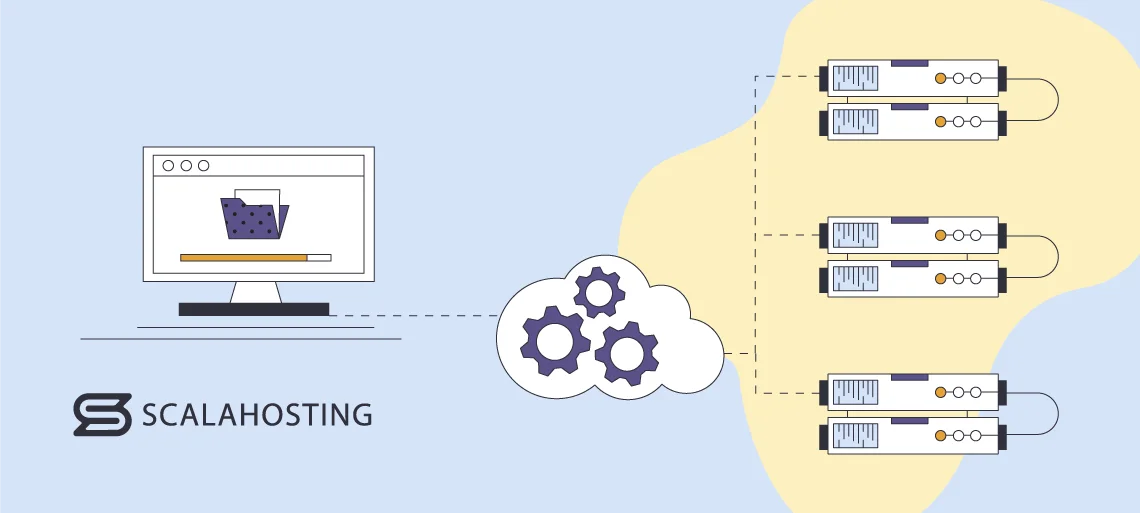
ScalaHosting is a reputable web hosting provider, with more than 15 years of experience. Our Managed VPS plans are tailored to perfectly fit the needs of resource-intensive apps. They are scalable and customizable allowing you to tailor them to your needs.
We also offer Single and Multi DC cluster options, alongside a multi-region plan, perfect for resource-intensive apps. No matter which plan you choose, you get to benefit from our automated offsite backups.
We utilize the latest virtualization technologies to make our servers fast and dependable. Thanks to OpenLiteSpeed, you’ll never have to worry about speed.
In addition, all of our clients get access to SPanel, an in-house developed web hosting control panel. It brings numerous benefits to users, including enhanced security, thanks to SShield, an AI-powered tool that blocks 99.998% of attacks online.
We already highlighted the importance of the support team when it comes to managed services. Our team is available 24/7 via chat and email and ready to answer all your inquiries about your account.

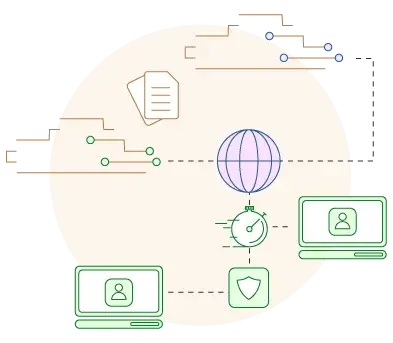
Wrap UP
Managed VPS is a great option for hosting all kinds of resource-intensive applications. It comes with dedicated resources, scaling, robust security, monitoring, 24/7 help, and many more to handle your popular project.
Your website or app will deliver high performance at all times and you will have enough time to grow your audience. All you have to do is choose a Managed VPS hosting provider that can offer a customized solution to fit your exact needs.
FAQ
Q: What is the difference between managed and self-managed VPS?
A: The main difference between managed and self-managed VPS is the amount of assistance you can get. With a managed service, you can communicate with the support team 24/7 to help you with any hosting issues.
Also, your server will be configured, with all the necessary software installed. Self-managed means you’ll need to do all site operations yourself and while you do get support – it is quite limited.
Q: What is better than VPS?
A: On certain occasions, dedicated hosting is better than VPS. You get an entire physical server all to yourself, which means more resources and better security. However, it’s not exactly a budget-friendly option and oftentimes proves to be an overkiller for a smaller enterprise.
Q: Is it hard to manage a VPS?
A: Managing an entire virtual server might seem overwhelming for the beginner user, and that’s quite understandable. You’ll need to set up an operating system, handle security, and take care of backups. The good news is that you can choose a Managed VPS hosting plan and have a team of professionals do all the heavy lifting for you.

